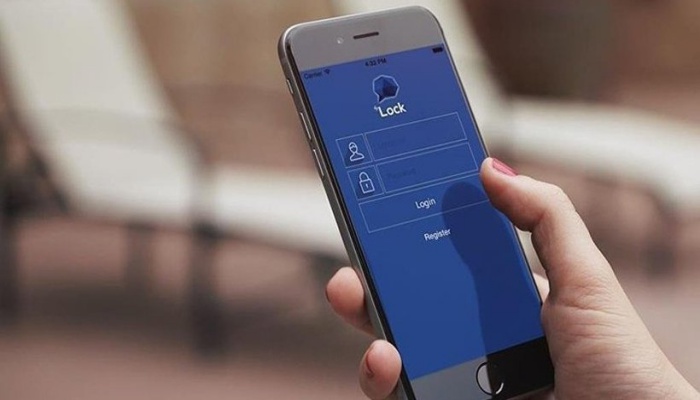As part of an ongoing purge carried out by the ruling Justice and Development Party (AKP) government following a coup attempt on July 15, Turkey on Friday issued detention warrants for 189 more judges and prosecutors in Ankara.
Based on the detention warrant searches have been conducted at the Supreme Court of Appeals and Ankara Courthouse over allegations of using ByLock, a smart phone application that the government presents as evidence of links to the Gülen movement and the coup attempt.
In addition to a number of judges and prosecutors arrested in the massive witch-hunt, Turkey’s top judicial body, the Supreme Board of Judges and Prosecutors (HSYK), has dismissed 184 judges and prosecutors for using the ByLock application.
Tens of thousands of civil servants have either been dismissed or arrested for using the application. Critics say the use of a technological application is not a criminal activity nor is it evidence of membership in a terrorist organization.
A letter sent by Turkey’s Security Directorate General to all police units in the country told police officers to secure confessions from individuals who have been detained due to their use of ByLock because mere use of the application is not considered a crime, according to a report on Oct.1 on the tr724.com news portal.
Turkey survived a military coup attempt on July 15 that killed over 240 people and wounded more than a thousand others. Immediately after the putsch, the government along with President Recep Tayyip Erdoğan pinned the blame on the Gülen movement.
A high criminal court in Hatay province recently rejected an indictment prepared on members of the so-called Fethullahist Terrorist Organization (FETÖ), a term used by the Turkish government to describe the Gülen movement, saying that there is no such terrorist organization officially identified.
The same court also said use of the ByLock application alone cannot be considered a crime. The court added that it is not known when the suspects downloaded the application, with whom they communicated using it and what the content of their conversations was, saying that they cannot be accused simply for downloading ByLock.
According to reports, Turkey’s Security Directorate General and the National Intelligence Organization (MİT) have an IP address list of the people who downloaded ByLock, but they do not have the content of the conversations made over the application.
Judicial experts suggest that a person cannot be accused for using a certain means of communication, adding that they can be accused only if there is an element of crime in their messages. They also say that a court order is required to conduct technical surveillance and to be able to present the findings in court as evidence.
Technical surveillance data collected without a court order is not considered legal evidence by Turkish courts.
Concern about independent judiciary
The decision to suspend the 184 judges and prosecutors came a day after the HSYK had dismissed 66 more judges and prosecutors over alleged ties to the Gülen movement.
The number of judges and prosecutors who have been fired has reached 3,456 since a July 15 coup attempt in Turkey.
A total of 543 judges and prosecutors were dismissed by the HSYK on Sept.1 as a ceremony for the opening of the new judicial year was taking place at the presidential palace.
The ceremony, which was protested by the main opposition leader and the head of the national bar association because of the venue of the event, turned into a display of judicial support for President Recep Tayyip Erdoğan.
Speaking at the ceremony Erdoğan claimed that the detention of 3,495 judges and prosecutors as part of a purge following the coup attempt would not create weakness but rather would pave the way for real justice.
“Jailing judges without even the pretense of due process will cause profound damage to Turkey’s justice system for years to come,” said Emma Sinclair-Webb, Turkey director at Human Rights Watch, in August. “Bypassing the rule of law is no way to protect it.”
There are 14.661 prosecutors and judges working as part of the Turkish justice system.
Justice Minister Bekir Bozdağ on Aug. 17 announced a government plan to name 8,000 new judges and prosecutors by the end of 2016.
Moves made by the Justice and Development Party (AKP) concerning the judicial system have created further concern about government control of the judiciary.
Main opposition Republican People’s Party (CHP) leader Kemal Kılıçdaroğlu strongly criticized the ceremony opening the new judicial year at the presidential palace, saying judicial independence is now “in the service of the executioner.”
